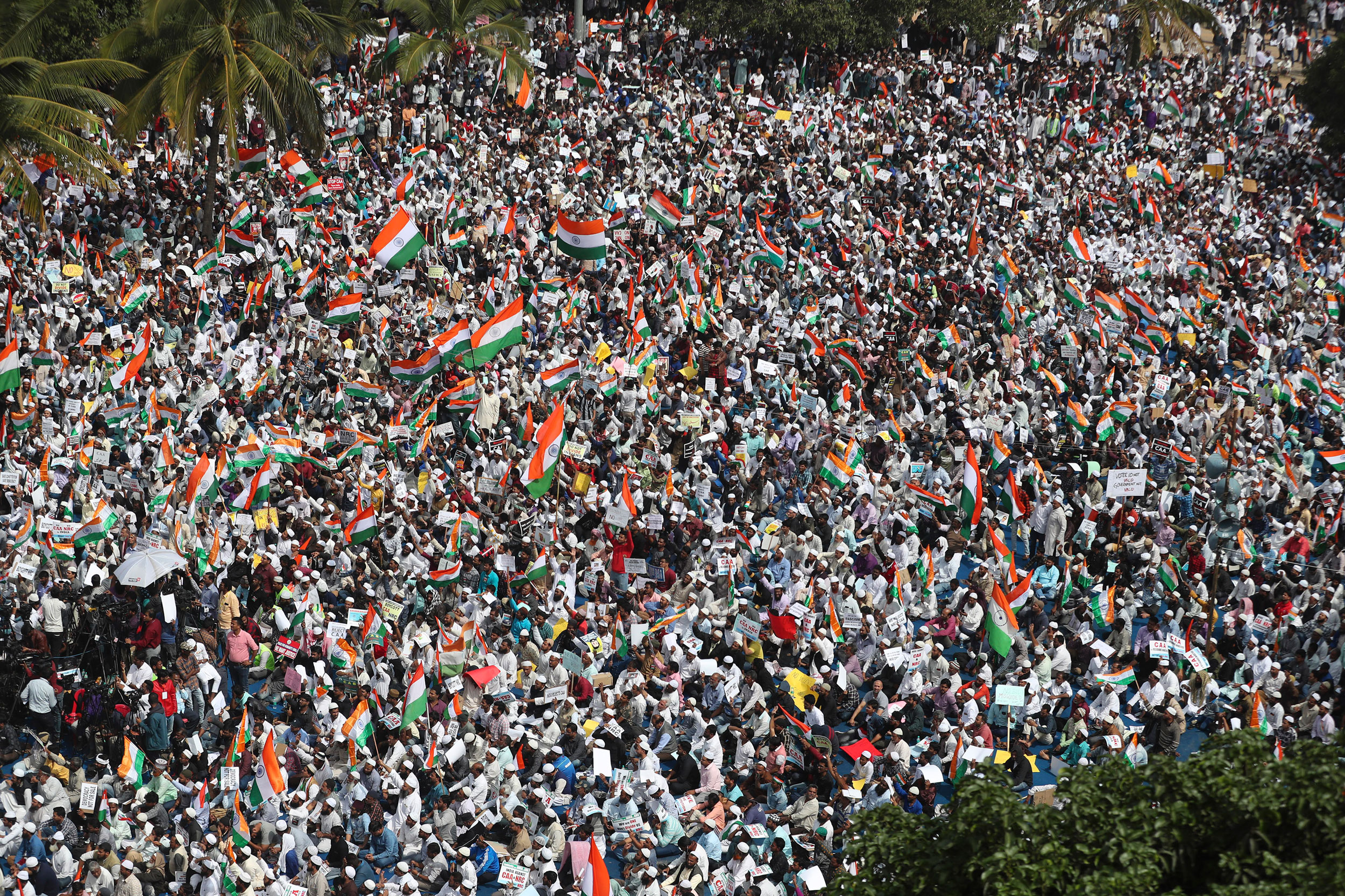Fourteen independent South Asian citizens on Thursday expressed distress over India’s “decisive majoritarian turn” and warned that the Citizenship (Amendment) Act had the potential to deepen geopolitical divides in the region and weaken New Delhi’s ability to take a stand on urgent matters confronting humanity.
“The Act is discriminatory at the first instance because it targets Muslims beyond the stated intent of the law. It is unacceptable for any country including one with a secular Constitution to distinguish between citizens, foreign or domestic, on the basis of religion. Further, the Act has the potential to deepen geopolitical divides among the countries of South Asia at a time when they should be striving for peace and mutual understanding,” their joint statement said.
Their fear is that this “ill-advised” attempt at social engineering will not only affect India’s plans for growth and equity but also impact the population of the larger South Asian region. “A weakened, insular India will not be able to take a stand on urgent matters confronting humanity, such as nuclear weaponisation, the climate crisis, hi-tech surveillance or the contagion of pollution.”
The signatories have questioned the Indian government’s logic of wanting to extend citizenship to Hindu, Parsi, Sikh, Buddhist, Jain and Christian migrants who have fled persecution in Pakistan, Bangladesh and Afghanistan when there are also large numbers of Muslims of different sects enduring intolerance in the “three selected countries”.
The 14 signatories are Kanak Mani Dixit, Mahesh Maskey, Nayantara Gurung Kakshapati and Pratyoush Onta of Nepal; Arif Hasan, Beena Sarwar, I.A. Rehman, Mubashir Hasan and Pervez Hoodbhoy of Pakistan; Jayadeva Uyangoda and Sumathy Sivamohan of Sri Lanka; and Hameeda Hossain, Serajul Islam Choudhury and Shahidul Alam of Bangladesh.











